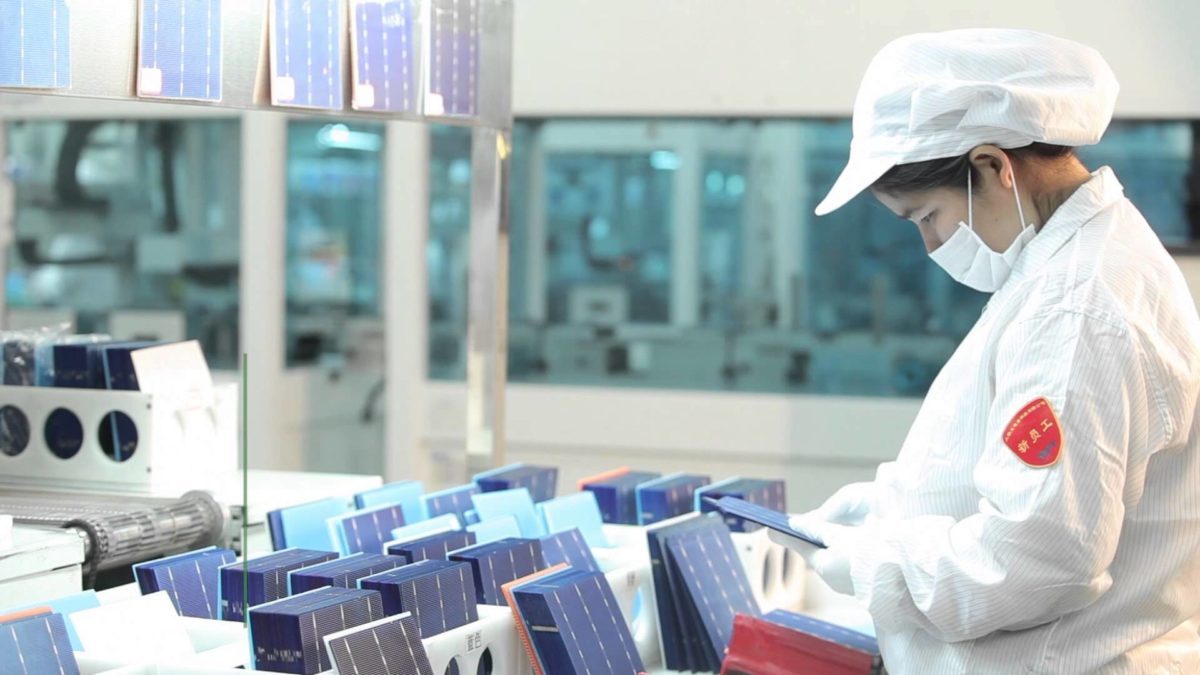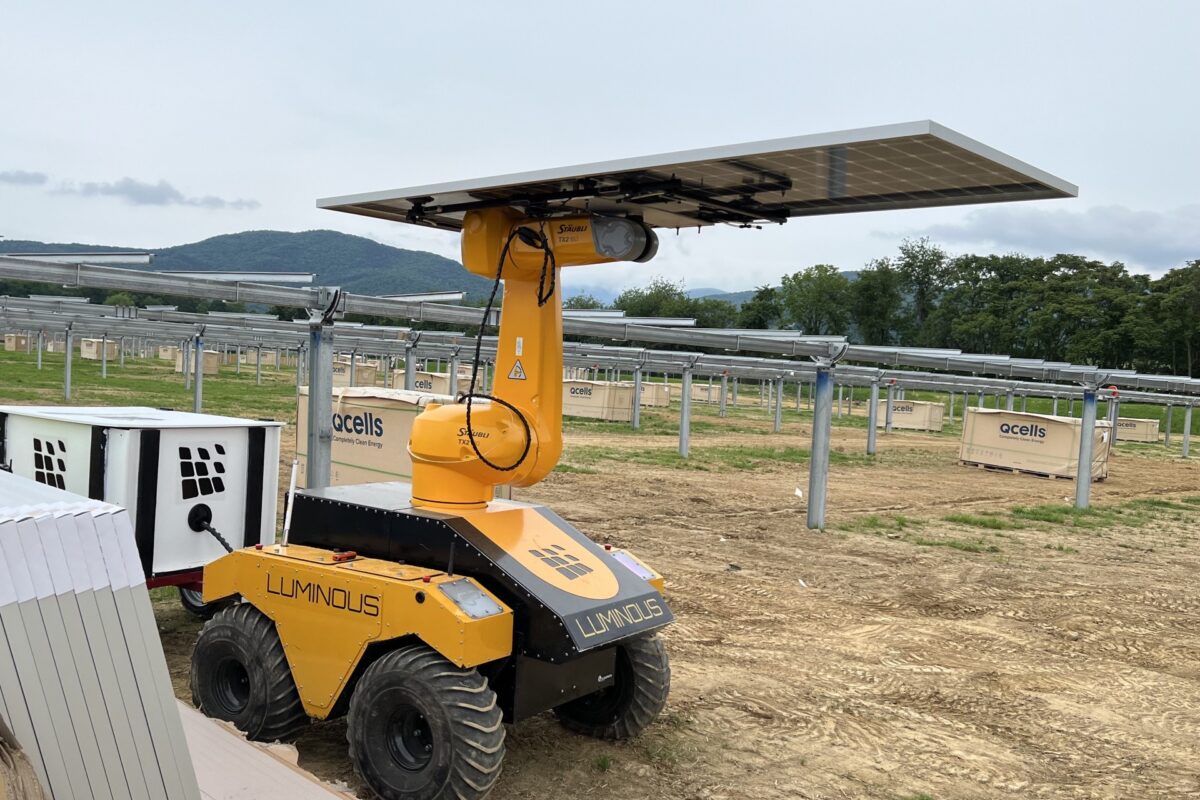From pv magazine global
Chinese module manufacturer JinkoSolar and Norwegian peer REC Group have jointly filed a petition with the U.S. Patent Trial and Appeal Board seeking an inter partes review – the procedure for challenging the validity of a U.S. patent – for patent number 9,893,215 B2, which Korean rival Hanwha Q Cells claims Jinko and REC have infringed.
The petitioners said Hanwha’s claims on the patent “method for manufacturing a solar cell with a surface-passivating dielectric double layer, and corresponding solar cell” are technically unfounded, due to ‘prior art’ – evidence an invention is neither new nor “non-obvious” before the filing of patent applications.
“As the petition explains, claims 12-14 of the 215 patent are invalid as anticipated by, or obvious in view of, the prior art,” Jinko said in a statement yesterday. “All of these grounds are distinct from the unpatentability grounds presented in the separate IPR [inter partes review] petition filed by Longi Solar on May 13, 2019.”
Fellow manufacturer Longi, which is also the subject of a patent infringement claim by Hanwha, has separately disputed the basis of the Korean manufacturer’s patents.
‘Patent should be declared invalid’
Jinko said Hanwha’s patent should be declared invalid in light of five, unspecified prior art grounds. “The fact that all three respondents in the ITC [U.S. International Trade Commission] action challenge the validity of this single patent on multiple, independent grounds, further demonstrates the weakness of Hanwha’s case,” said Jinko CEO, Kangping Chen. “We believe that the 215 patent is invalid and Hanwha Q Cells’ allegations of infringement are unjustified,” added REC chief executive Steve O’Neil.
Hanwha Q Cells lodged a patent infringement lawsuit against Jinko and REC in Germany, and two more against the same companies plus Longi in the U.S in early March. In its lawsuit the Korean manufacturer said its rivals were using its patented solar cell passivation technology to increase the efficiency of their products.
Jinko categorically refuted the allegations and said it did not expect disruption to normal operations as a result of the lawsuit. Longi stated there was considerable uncertainty over the validity of the patents at the root of the lawsuits. REC said it intended to investigate the matter and take legal action against the Hanwha lawsuits.
In mid-March, Hanwha Q Cells also brought patent litigation in Australia.
This content is protected by copyright and may not be reused. If you want to cooperate with us and would like to reuse some of our content, please contact: editors@pv-magazine.com.









By submitting this form you agree to pv magazine using your data for the purposes of publishing your comment.
Your personal data will only be disclosed or otherwise transmitted to third parties for the purposes of spam filtering or if this is necessary for technical maintenance of the website. Any other transfer to third parties will not take place unless this is justified on the basis of applicable data protection regulations or if pv magazine is legally obliged to do so.
You may revoke this consent at any time with effect for the future, in which case your personal data will be deleted immediately. Otherwise, your data will be deleted if pv magazine has processed your request or the purpose of data storage is fulfilled.
Further information on data privacy can be found in our Data Protection Policy.